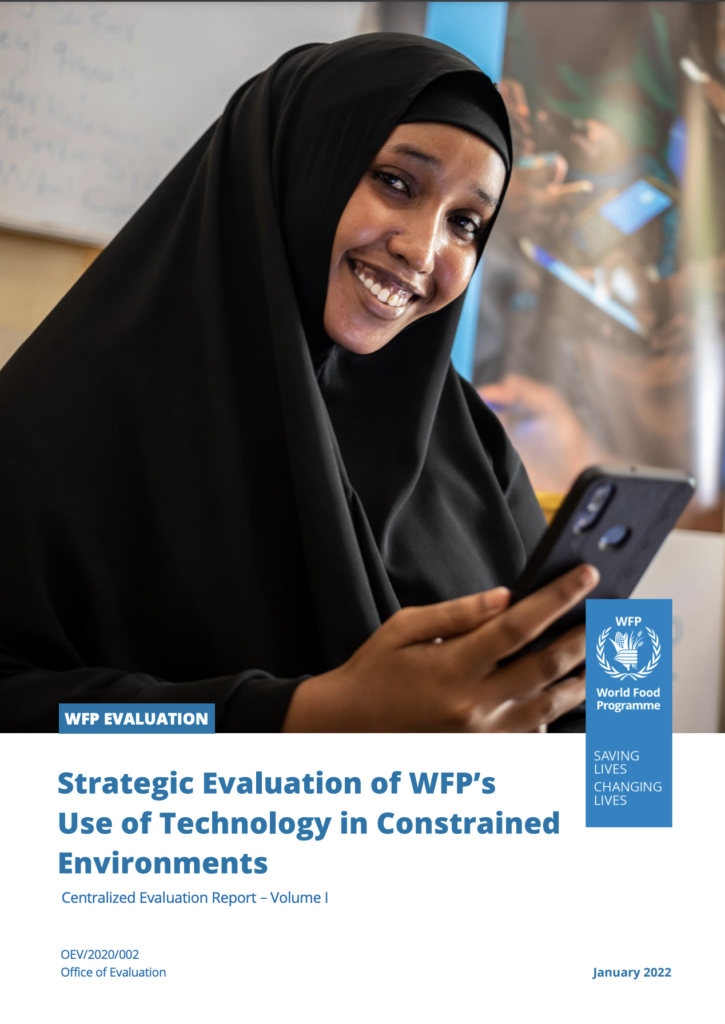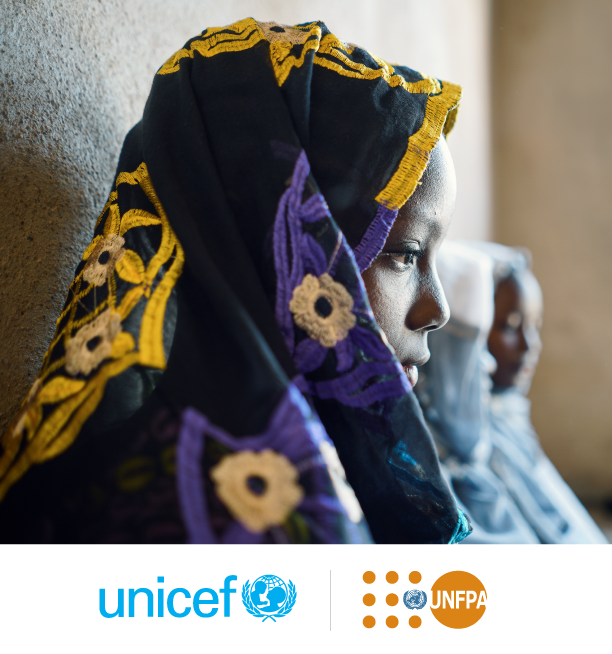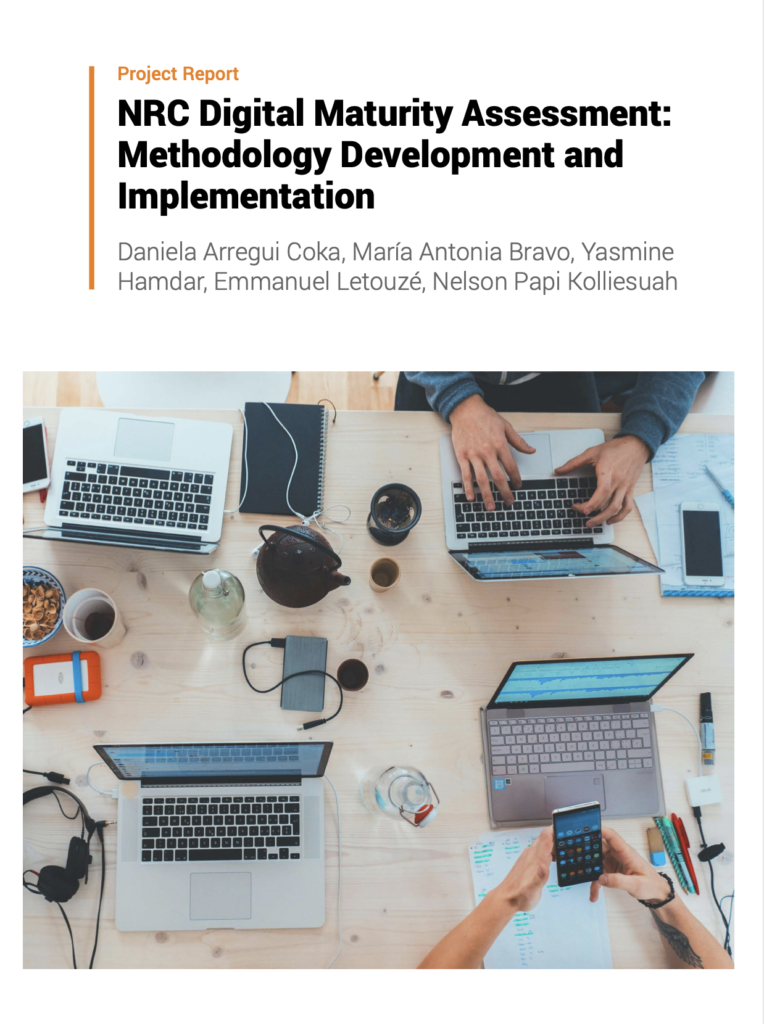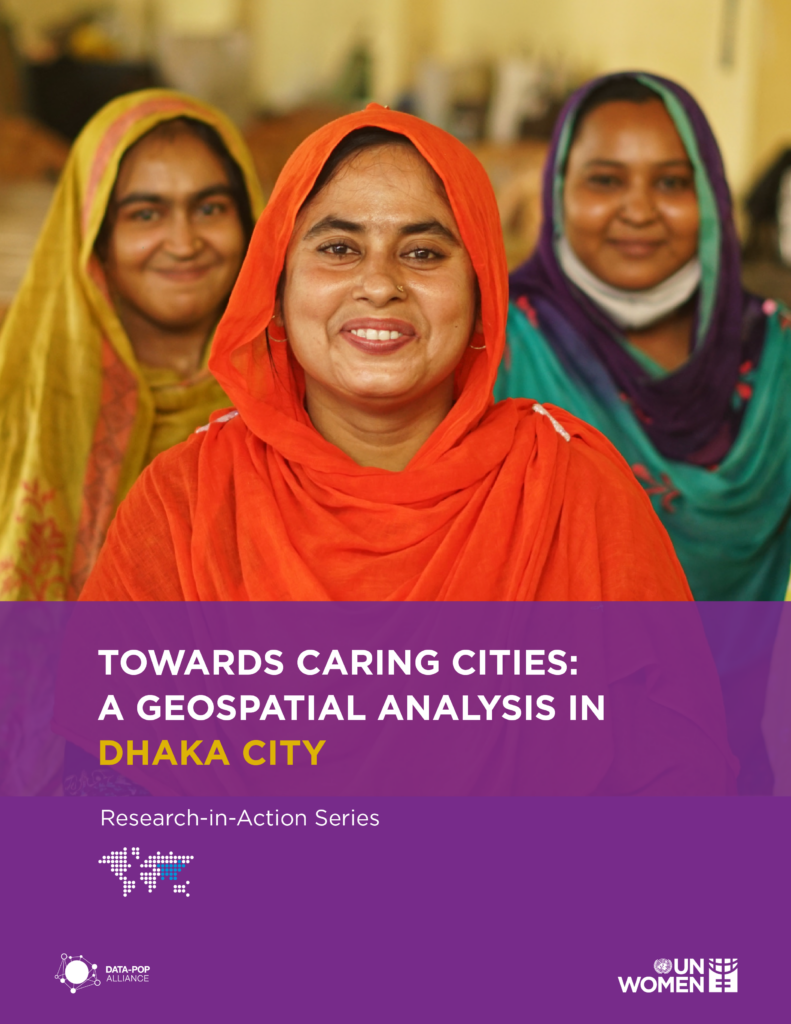Bangladesh
171.5
Population 2023 (Millions)
0.7
HDI Score
2022 (Max. 1)
64.3
SDG Score
2023
(Max. 100)
0.5
Gender Inequality
Index Score
(Max. 1)
64
Internet Inclusivity
Index 2022
(100 countries)
Overview
Projects

- Bangladesh, Iraq, Jordan, Middle East and North Africa (MENA), Niger, South & Southeast Asia, South Sudan, Sub-Saharan Africa (SSA), The Democratic Republic of the Congo
- September 2020 - February 2022
- Just Digital Transformations
- Partner(s): ADE (Funder), World Food Programme
This evaluation, developed in collaboration with ADE, examined the extent to which WFP effectively and efficiently deployed the most appropriate Information and Communication Technologies (ICTs), and how, why, and under which conditions the use of these technologies contributed to management and program objectives. The team designed a mixed-methods approach consistent with WFP’s proposed analytical framework and outlined the factors affecting technological innovation and diffusion. Additionally, six case studies were conducted in Jordan, Niger, Iraq, South Sudan, the Democratic Republic of the Congo, and Bangladesh.

- Bangladesh, Burkina Faso, Egypt, Ethiopia, Ghana, India, Kenya, Middle East and North Africa (MENA), Mozambique, Nepal, Sierra Leone, South & Southeast Asia, Sub-Saharan Africa (SSA), Sudan, Uganda, Zambia
- June 2022 - May 2023
- Data Feminism
- Partner(s): UNFPA, UNICEF (Funder)
The need to end child marriage and FGM has never been greater –without accelerated progress to end both of these harmful practices, millions of women and girls across the globe will continue to be in danger. DPA, in collaboration with UNICEF and UNFPA, conducted a comprehensive landscape mapping and review of key technology-based interventions to address child marriage and FGM across 13 countries in Africa and Asia (Bangladesh, Burkina Faso, Egypt, Ethiopia, Ghana, India, Kenya, Mozambique, Nepal, Sierra Leone, Sudan, Uganda, Zambia). During the second phase of the project, DPA carried out an in depth review of three selected interventions to better understand their effectiveness, key success factors, and potential areas for improvement.
The methodology proposed by DPA was based on intersectional feminist approach and an analysis integrating both quantitative and qualitative research methods, as well as traditional and non-traditional data sources collected at different stages of the study, underpinned by a participatory approach involving UNICEF, UNFPA, and other stakeholders.

- Bangladesh, Global, South & Southeast Asia, Sudan
- November 2021 - June 2022
- Just Digital Transformations
- Partner(s): Norwegian Refugee Council (NRC) - (Funder)
DPA developed a Digital Maturity Assessment (DMA) framework to provide NRC Country Offices (COs) with a tool to self-assess their digital transformation journey based on the perceptions and experiences of its staff. The DMA framework is the analytical background guiding the calculation of a Digital Maturity Score that measures the level of digital transformation in the COs based on qualitative data on:
• Digital ecosystem, data, and tech management;
• User-centricity and digital inclusion;
• Digital mindset, literacy, and innovation;
• Strategy, governance, policies, and frameworks; and
• Investment and partnerships.
The DMA was tested in the COs in Bangladesh and Sudan. The results and outputs of these pilots were made available in an interactive dashboard created to facilitate the visualization and extraction of insights.

- Bangladesh, South & Southeast Asia
- March - June 2024
- Data Feminism, Geographies of Inequalities
- Partner(s): UN Women (Lead and Funder), UN Women Bangladesh
As part of UN Women’s “TransformCare Investment Initiative in the Asia and Pacific region”, this project aimed to promote evidence-informed decision making for equitable care systems as a foundation for inclusive urban development. UN Women led the initiative, with the Data-Pop Alliance (DPA) providing analytical and research support. Focusing on Dhaka City, the project assessed the demand and supply of care services through a gender-inclusive lens. Using geospatial analysis, satellite imagery, and administrative data, the research mapped existing care infrastructure—including childcare centers and services for older persons and people with disabilities—while identifying service gaps and areas of unmet need. The goal was to provide concrete, data-driven strategies to guide policy planning and investment in accessible, affordable, and quality care systems that empower women and support communities.
